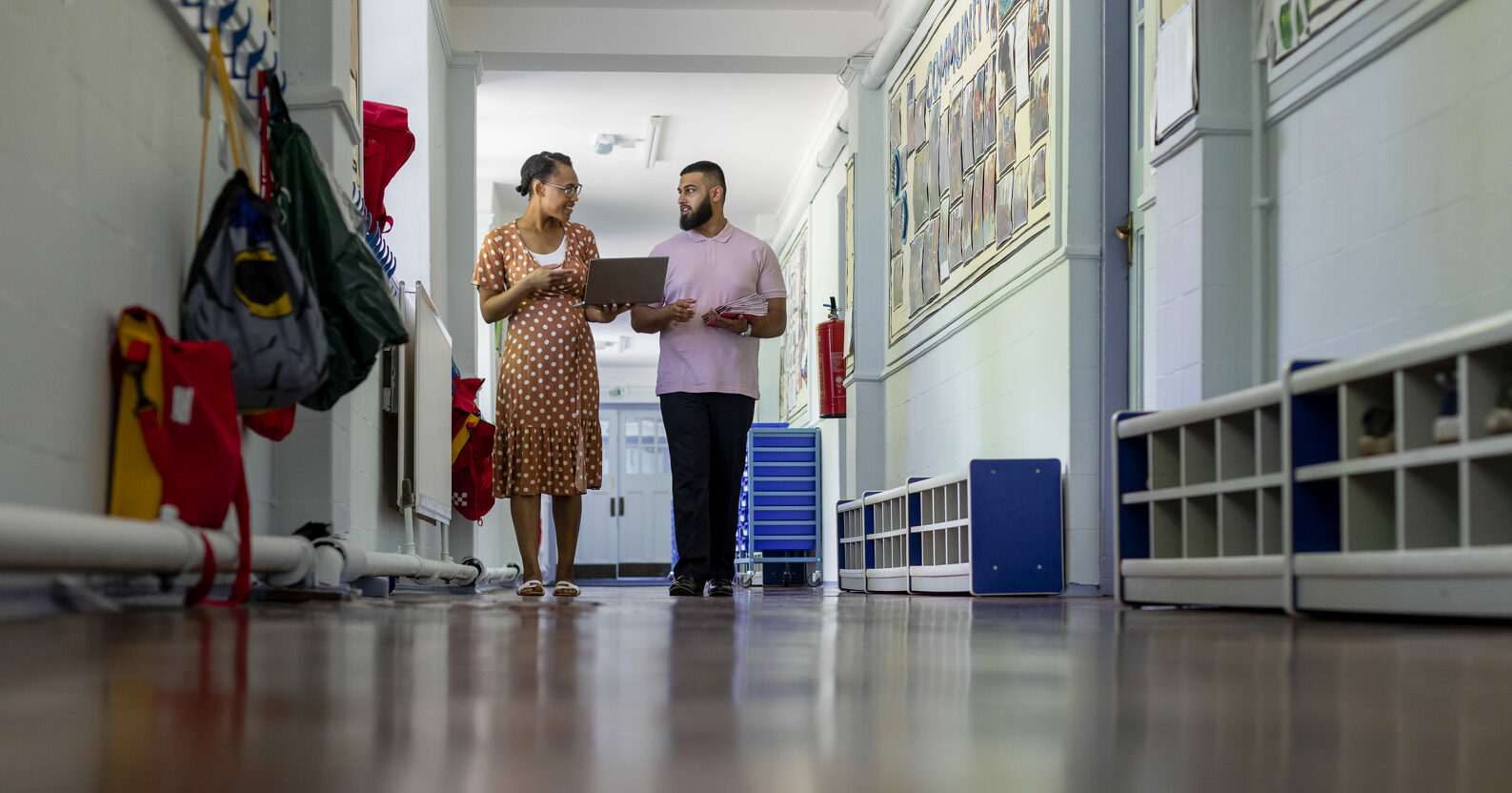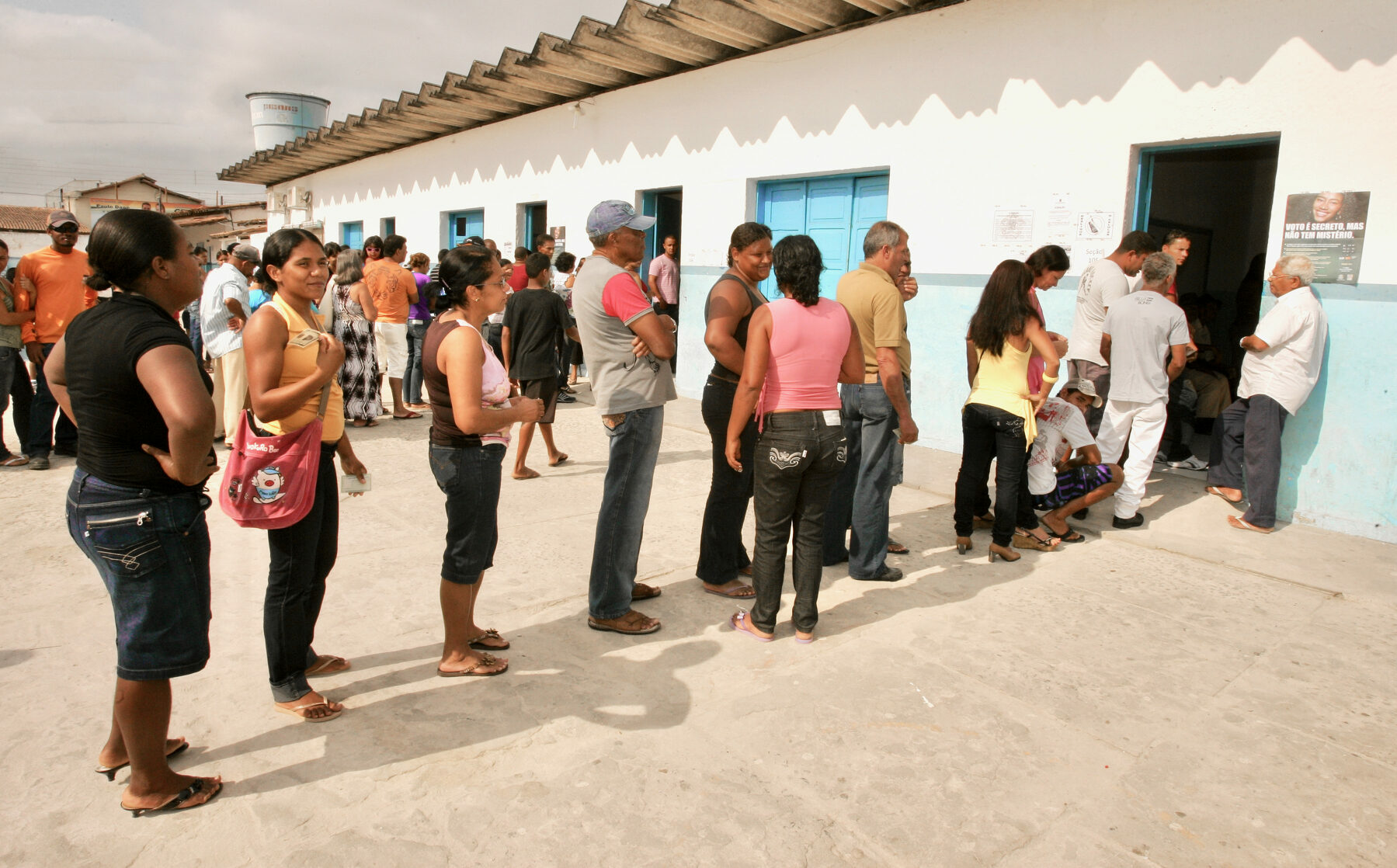
Building Economic Resilience for a Stronger Democracy in Brazil
Water cisterns help citizens to vote more freely for their political representatives
A form of political corruption, clientelism, is the exchange of hand-outs — or access to public resources — in return for political support. Where citizens experience economic vulnerability, participation in this kind of relationship with politicians can be common.
Citizens of the drought-prone region of Northeastern Brazil experience economic vulnerability because they have less access to fewer resources to support them during droughts. An added complication is that local politicians in Brazil have what the research team describes as “substantial discretion over local public spending.”
If this kind of economic vulnerability makes citizens vulnerable to participating in clientelist relationships, what happens when economic vulnerabilities are improved?
FOS Co-Director Gustavo Bobonis joined the research team embedded in the One Million Cisterns project of the NGO Articulação Semiárido (ASA), Semi-Arid Action, Brazil. The team’s randomized control trial (RCT) examined how obtaining rainwater cisterns might reduce citizens’ economic vulnerability to droughts. They also considered how access to cisterns might impact the prevalence of clientelist relationships with local politicians. During the trial, 615 households received water cisterns, while another 693 households, whose members weren’t scheduled to receive them at this phase of the project, formed the comparison group. ASA started constructing the cisterns in January 2012, before Brazil’s 2012 municipal elections.
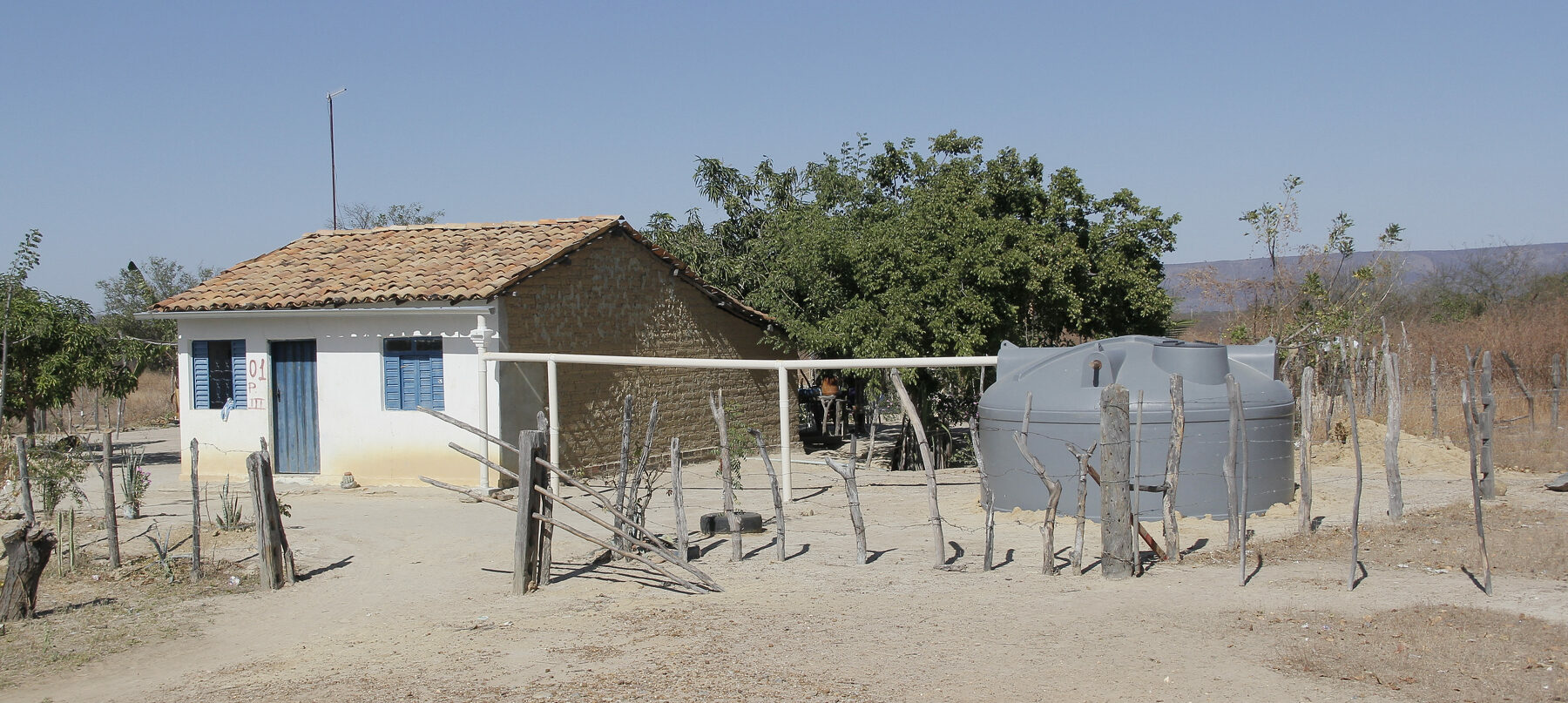
Researchers found:
- Access to cisterns reduced economic vulnerability to droughts in the region. Surveys conducted before and after the elections also showed that access to cisterns decreased clientelist relationships and negatively affected the election performance of incumbent mayors who stood for re-election. Those who received water cisterns were significantly less likely to make private requests from politicians.
- Those with access to rainwater cisterns were 17% less likely to make requests from politicians during the election campaign and during the year after the election.
- Requests for hand-outs from citizens who were most likely to be in clientelist relationships before receiving the cisterns fell by 38%.
The goal of building one million cisterns in the region is still being realized. Bobonis and the other academic partners plan to revisit the approximately 1300 participants in the original RCT and examine the long-term impact of the cisterns on the political culture of Northeastern Brazil.
Research Team
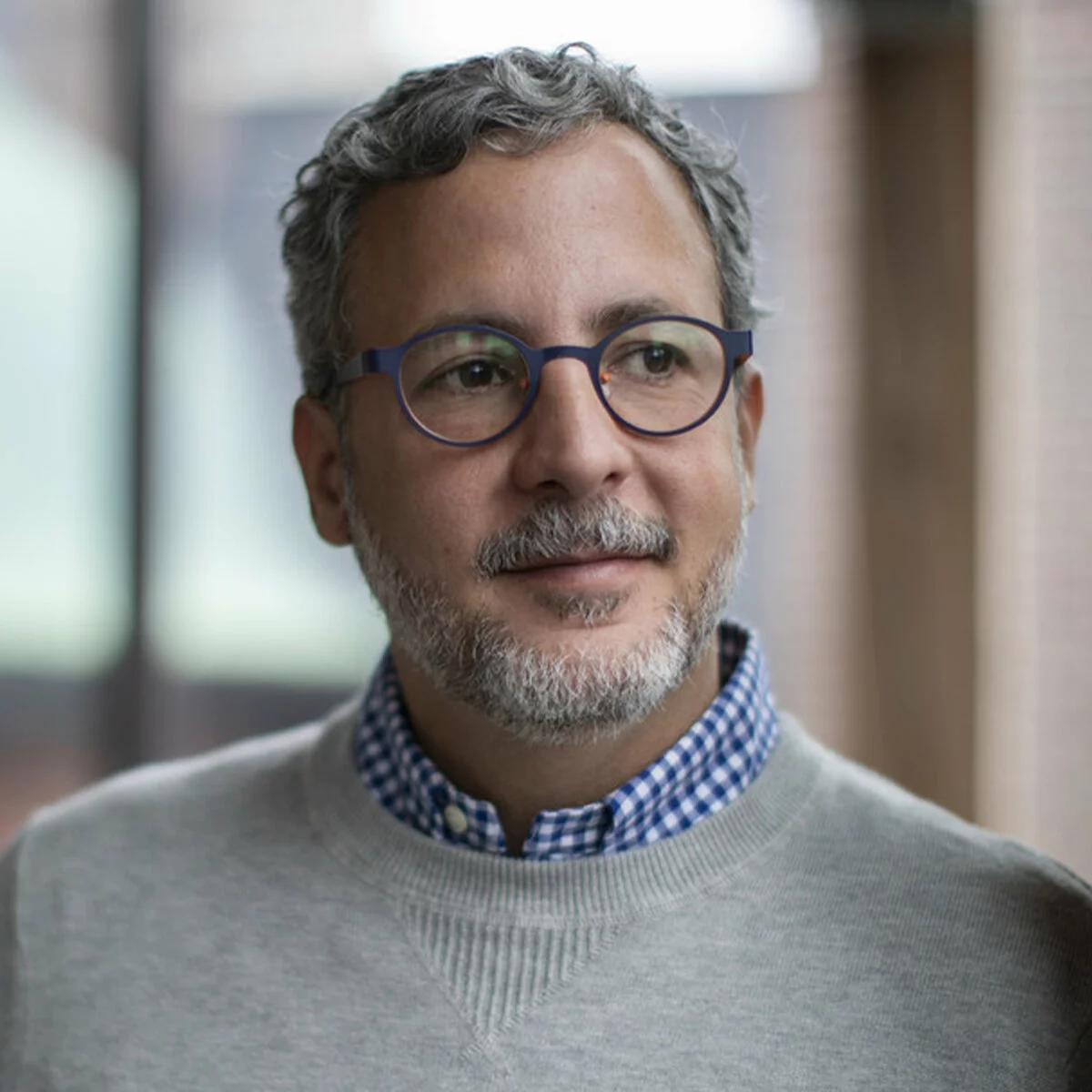
Gustavo J. Bobonis
Co-Director, FOS, Professor, Department of Economics, University of Toronto
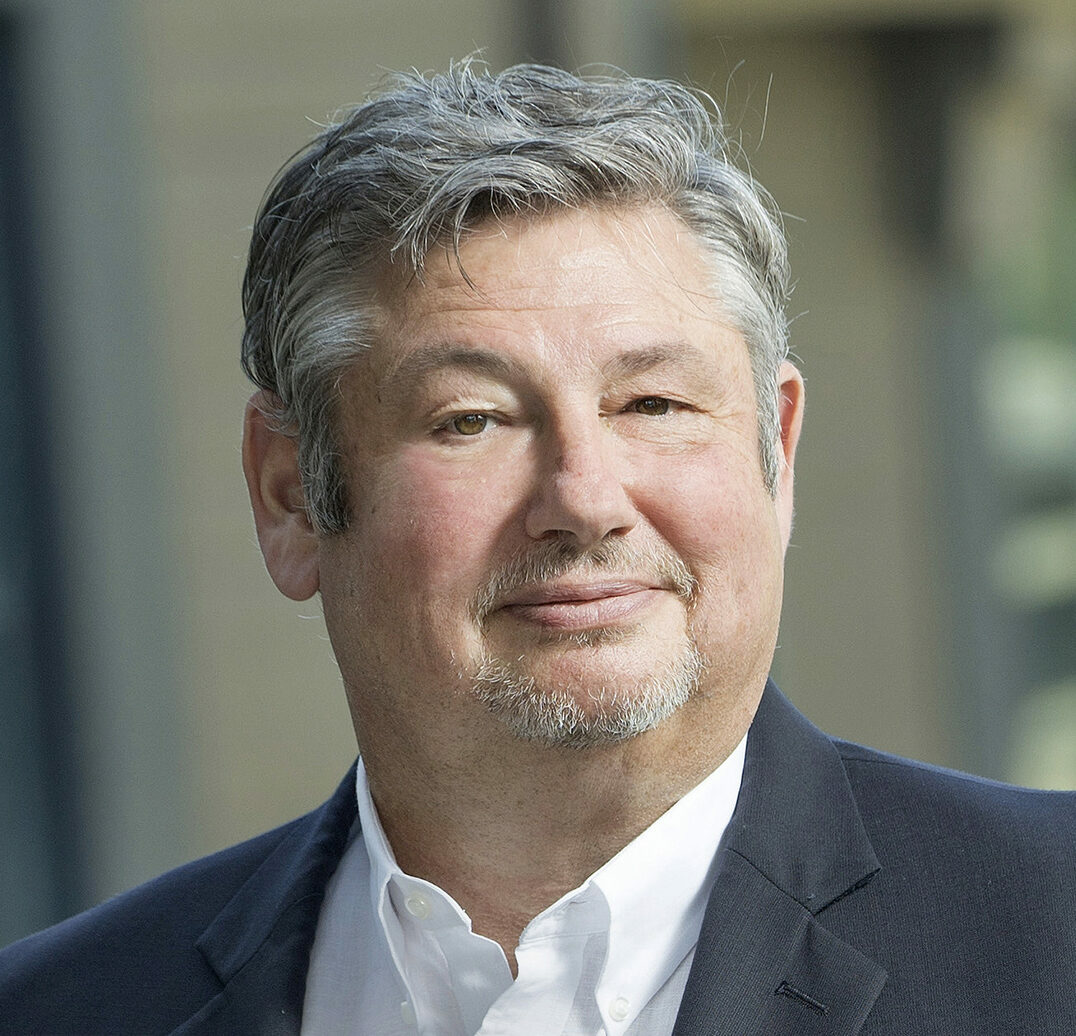
Paul Gertler
Professor, Haas School of Business, University of California, Berkeley
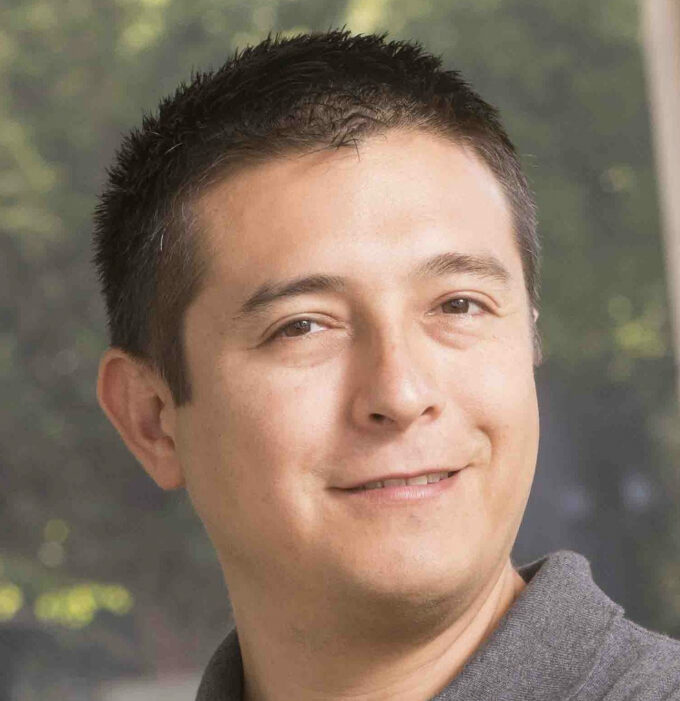
Marco Gonzalez-Navarro
Associate Professor, Department of Agricultural & Resource Economics, University of California, Berkeley

Simeon Nichter
Associate Professor, Department of Political Science, University of California, San Diego
Associated Policy Partners


